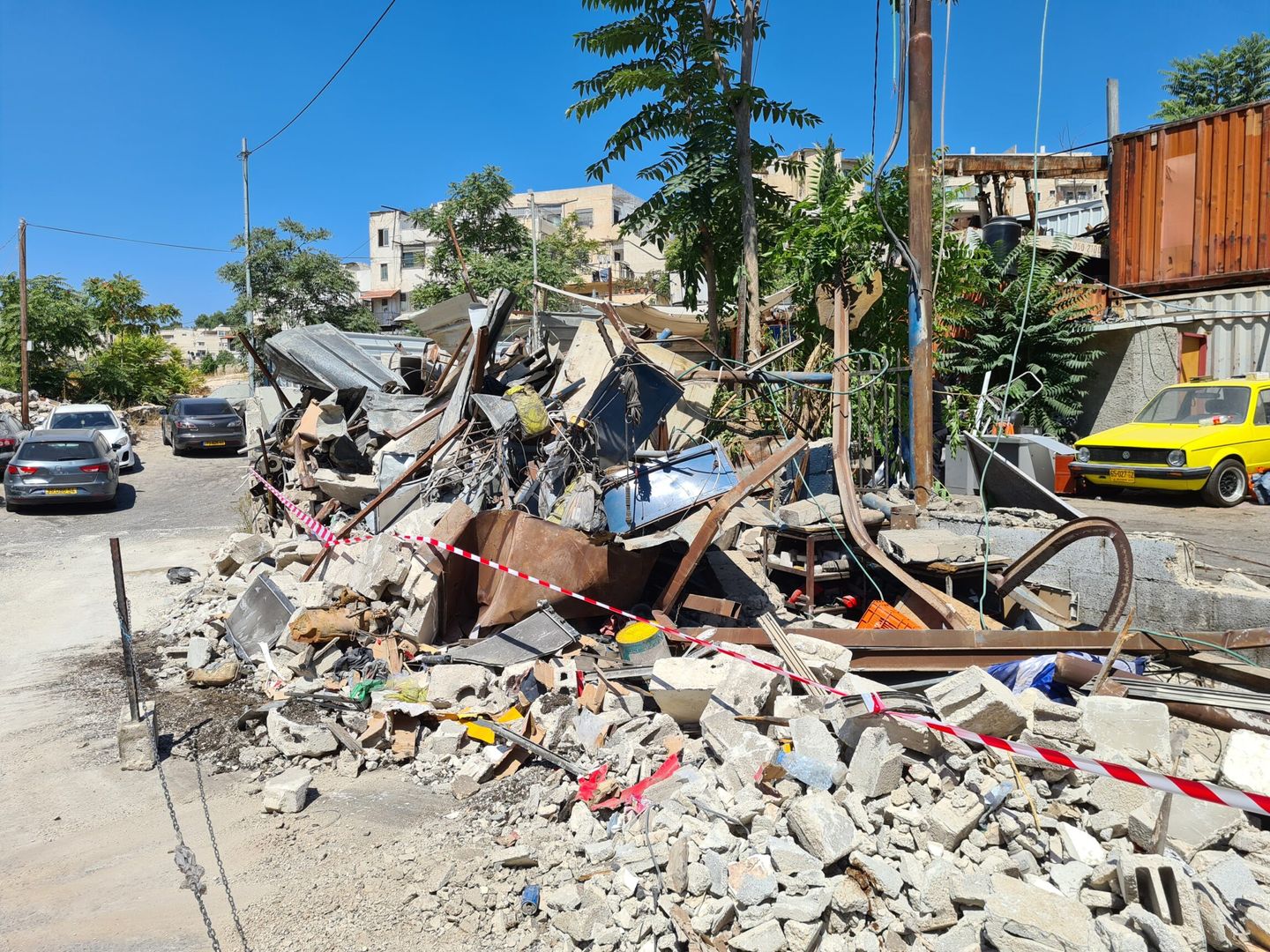As our calendars mark one year since the beginning of the latest cycle of violence and devastation in Israel and Palestine, we, as humanitarians and as global citizens, pause for a moment to mourn the countless people who have lost their lives, their families and their hope for a better future over the past twelve months. Equally our thoughts are with those who continue to face imminent, life-threatening dangers, and endure unimaginable hardships.

The horrific attack perpetrated by Hamas and other Palestinian armed groups marked another dark date in the history of a conflict that has seen too much violence and death. The brutal attacks of 7 October 2023 claimed the lives of approximately 1,200 Israeli civilians and foreign nationals. Over 250 people were taken hostage and 97 people are still held in captivity in appalling conditions and in direct violation of international law.
In Gaza, where Palestinians have long been suffering from the effects of a 17-year blockade as well as recurring waves of violence, the war has claimed the lives of at least 41,600 Palestinians including more than 14,000 children in Gaza. The death toll is likely to rise on a daily basis. Palestinian prisoners and detainees are held in appalling conditions without trial. Schools and hospitals lie in ruins, and once fertile agricultural lands are now war-torn wastelands.
The humanitarian crisis is staggering: Israels siege denies the most basic necessities such as protection, food, clean water, sanitation, shelter, healthcare, education, and electricity for two million Palestinians.
We as humanitarian workers and our partners are targeted, undermining our ability to deliver aid. Indeed, the humanitarian catastrophe and indiscriminate bombings have left no safe place in Gaza, and we have reached a place where the International Court of Justice has found it “plausible” that Israel has committed acts that violate the Genocide Convention.
Meanwhile, in the West Bank, escalating settler violence, house demolitions, forced evictions, and severe movement restrictions have led to an unprecedented number of casualties. This increasingly hostile environment is taking a heavy toll on our partners in both Israel and Palestine
Nothing can justify the atrocities of October 7th, and likewise, these events cannot be used to legitimize grave violations of international law and further entrenchment of the Israeli occupation and denial of Palestinian right of self-determination.
Palestinian and Israeli civilians have already payed way too high a price for the actions over the past year, and the failure of the international community to act proportionately and enforce a ceasefire. This is gravely undermining the legitimacy of the international legal system and the fundamental principles of humanity it is designed to protect.
Today reminds us that the protection of civilians and adherence to international humanitarian law must be universal. Accountability for serious violations of international humanitarian and human rights law is imperative, and international standards, including the Advisory Opinion of the International Court of Justice and the UN General Assembly on the illegality of Israel’s continued occupation, must be respected.
This relentless cycle of violence, war crimes and continued occupation must come to an end and a ceasefire, accountability and renewed political visions for a lasting peace established without delay.

